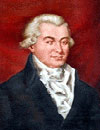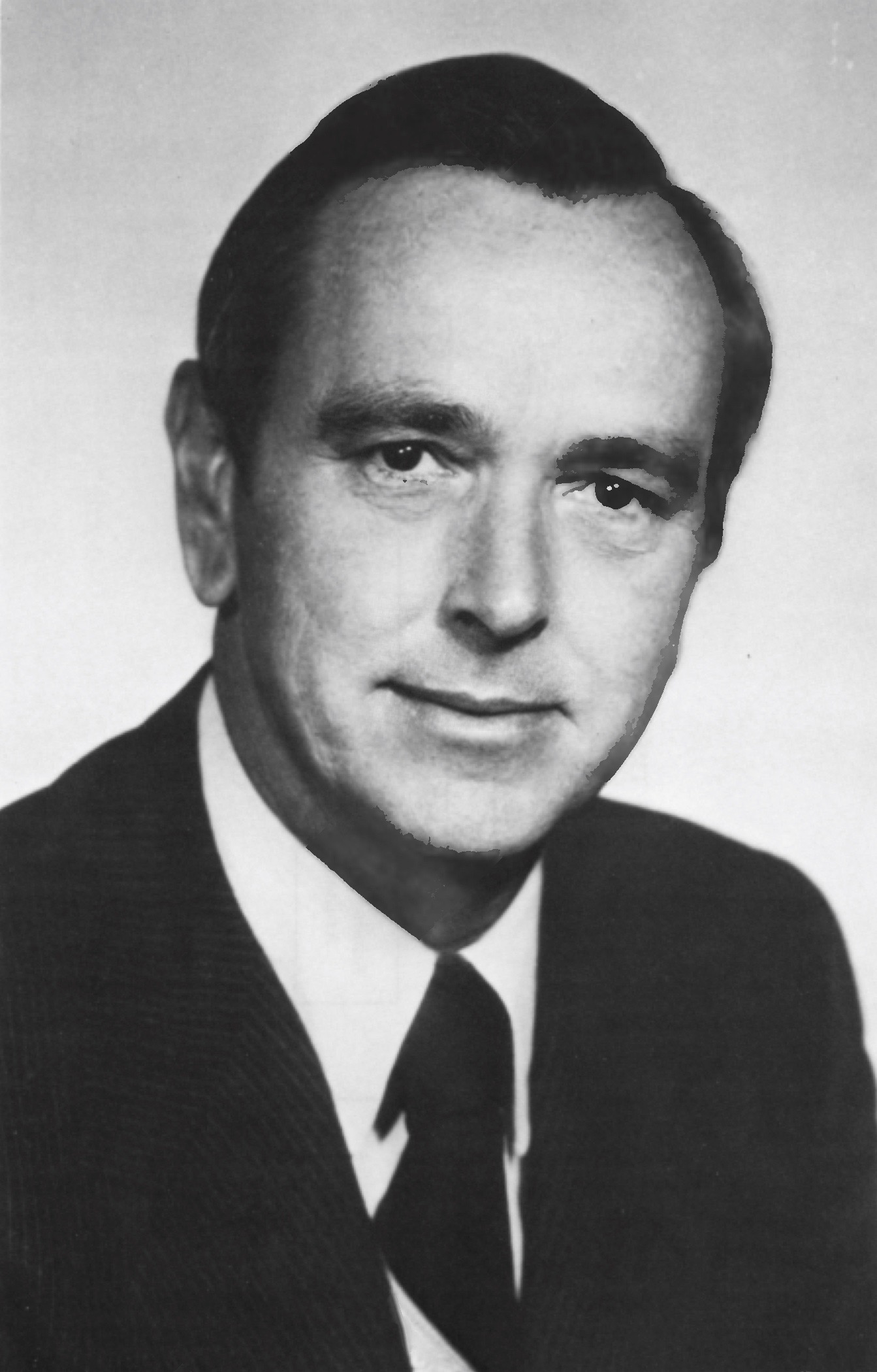Georgia
Gov. George Walton
- November 4, 1779 - January 3, 1780
- Whig (radical faction), Jeffersonian Republican
- January 1, 1749
- February 2, 1804
- Virginia
- Married Dorothy Camber; two children
- Senator
- National Guard
- Signed the Declaration of Independence
About
GEORGE WALTON, the youngest signer of the Declaration of Independence, was born near Farmville, Virginia, in late 1749 or early 1750. His parents passed away when he was a young child, and an uncle reared him. He largely was self-educated and learned the trade of carpentry. In 1769 Walton moved to Savannah, Georgia, studied law, and was admitted to the bar in 1774. He entered politics in 1775, as secretary of the Georgia provincial congress. He served as president of the Council of Safety in 1776 and was a member of the Continental Congress in 1776, 1777, 1780, and 1781. Walton served during the Revolutionary War, as colonel of the 1st Regiment of the Georgia militia. He was seriously wounded in battle, became a prisoner of war in December 1778, and reclaimed his freedom through a prisoner exchange that occurred in October 1779. In November 1779, the state assembly appointed him Governor of Georgia. He served in this capacity for two months. He also served as chief justice of Georgia from 1783 to 1789, and was a delegate to the 1787 Philadelphia Constitutional Convention, which he did not attend. After the adoption of the Federal Constitution, Walton was elected by the state legislature, becoming the first governor of Georgia after its remission to statehood. He was sworn into office on January 7, 1789. During his tenure, a new state constitution was sanctioned, peace with the Creek Indians was created, and Augusta became the capitol. After leaving office on November 11, 1789, Walton served as judge of the Superior Court of the Eastern Judicial Circuit, a position he held for 15 years. He also was appointed to the U.S. Senate, serving from 1795 to 1796, and was a trustee of the University of Georgia and the Richmond Academy. Governor George Walton died on February 2, 1804 and was buried in Rosney Cemetery in Augusta. On July 4, 1848, he was reinterred at the Courthouse Grounds in Augusta beneath a monument erected to honor Georgia’s signers of the Declaration of Independence. Walton County in north Georgia was named in his honor in 1818.
Source
Cook, James F. Governors of Georgia, 1754-2004. 3d ed. Macon, Ga.: Mercer University Press, 2005.
The Georgia Historical Society
Sobel, Robert, and John Raimo, eds. Biographical Directory of the Governors of the United States, 1789-1978, Vol. 1, Westport, Conn.; Meckler Books, 1978. 4 vols.











